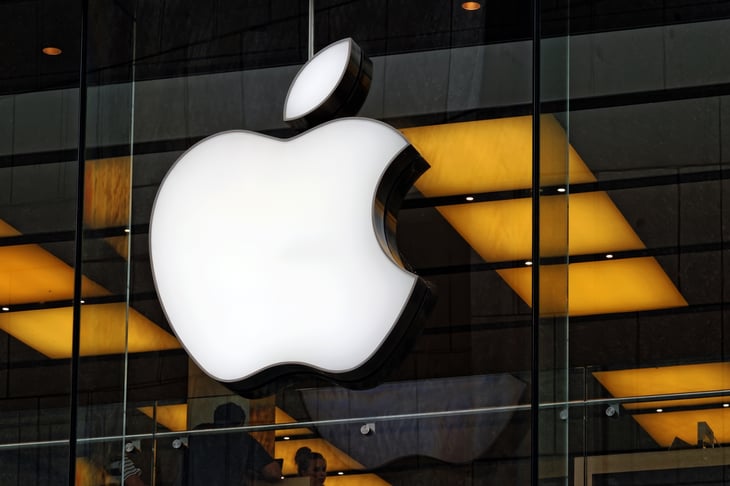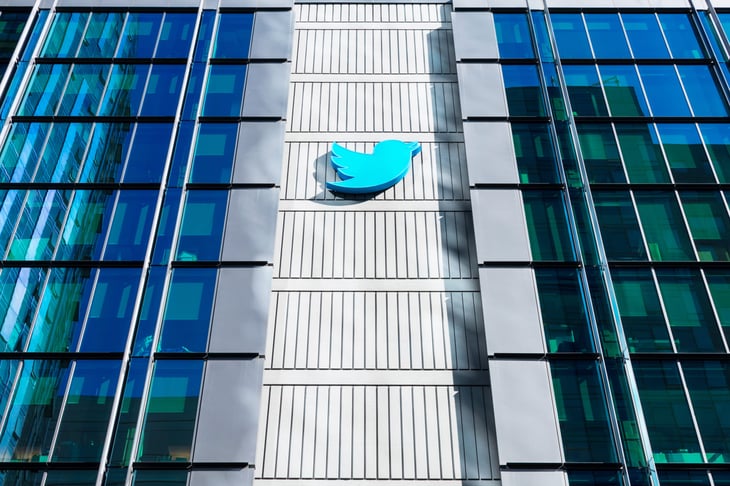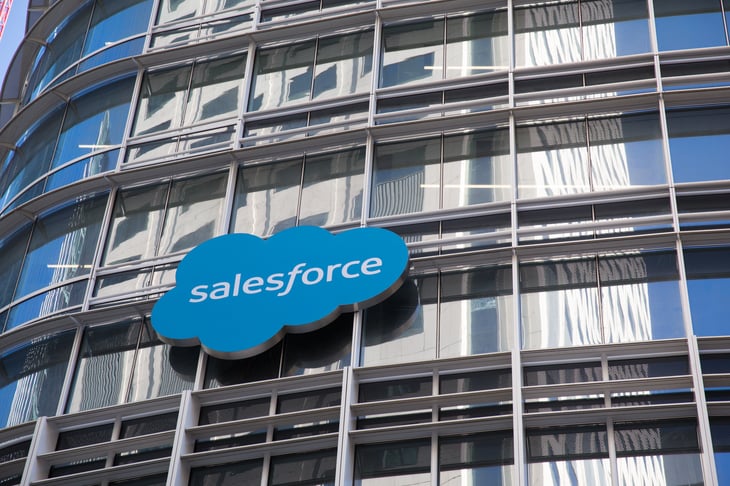
Time is running out on some employees who have become accustomed to working remotely.
Although many companies have agreed to implement remote or hybrid arrangements indefinitely, other employers are pushing back by demanding that workers begin showing up to the office more often.
Following are some key companies that are reviving the daily commute — and forcing some workers to make tough decisions about whether to stick with their current job or to find something new.
1. Disney

Disney is the place where dreams come true — unless your fantasy is to work from home several days each week.
Disney CEO Bob Iger — who recently reclaimed his old post after about a year away from the company — told employees that they must return to working in corporate offices at least four days a week starting March 1.
In an email CNBC obtained, Iger calls creativity “the heart and soul” of Disney’s mission:
“And in a creative business like ours, nothing can replace the ability to connect, observe, and create with peers that comes from being physically together, nor the opportunity to grow professionally by learning from leaders and mentors.”
2. Apple

In August, Apple told employees who work near the company’s California headquarters that they would be required to return to the office three days each week.
Employees began renewing their office routine in September, with everyone coming in on Tuesdays and Thursdays. The third in-office work day was selected on a team-by-team basis.
Apple originally had announced a hybrid work model in 2021 but delayed its implementation amid worker protests and high infection rates associated with the COVID-19 pandemic.
3. Twitter

Billionaire Elon Musk’s controversial purchase of social media company Twitter came with a major change in philosophy about remote work. In an email to employees, Musk flatly stated:
“We are also changing Twitter policy such that remote work is no longer allowed unless you have a specific exception. Managers will send the exception lists to me for review and approval.”
The new policy was likely tough for many employees to swallow, as former CEO Jack Dorsey had told workers in 2020 that they could work from home “forever.”
However, Musk might be softening just a bit on his position. News reports suggest that as part of cost-saving measures, Twitter may close down its Seattle office and let employees there work remotely.
Twitter also has offices in New York and San Francisco.
4. Tesla

Long before Musk took over Twitter, he told employees at his other iconic company — Tesla — that they needed to return to the office.
Musk was characteristically blunt in announcing the policy change to employees via email:
“Everyone at Tesla is required to spend a minimum of 40 hours in the office per week. If you don’t show up, we will assume you have resigned.”
5. Google

Google was one of the first big companies to require workers to return to the office. In April, most of the staff at the tech giant began working on a hybrid arrangement, with three days in the office.
For employees who loved the convenience of working from home, Google’s famed unofficial motto — “Don’t be evil” — might suddenly ring a little hollow.
6. JPMorgan

JPMorgan hasn’t completely pulled the plug on remote work. Many employees are still working on a hybrid basis.
But CEO Jamie Dimon is not a fan of remote work, famously blasting it as “management by Hollywood Squares.”
And while some employees continue to work remotely, they do so under restrictions. According to Inc.:
“JPMorgan’s work-from-anywhere policy restricts where staff work while working remotely. This means no hotels, coffee shops, shared co-working spaces, or potentially even relatives’ homes.”
The New York Post also has reported that Dimon “has grown increasingly aggressive behind the scenes with a clampdown on remote work.” Senior managers reportedly have been urged to return to the office five days a week.
7. Snap

At the end of 2022, Snap — parent company of the social media app Snapchat — told workers they would need to return to the office 80% of the time, or four days a week.
The change is expected to occur toward the end of February. A Snap spokesperson told CNN in a statement:
“After working remotely for so long we’re excited to get everyone back together next year with our new 80/20 hybrid model. We believe that being together in person, while retaining flexibility for our team members, will enhance our ability to deliver on our strategic priorities of growing our community, driving revenue growth, and leading in [augmented reality].”
8. Salesforce

Unlike many CEOs, Salesforce co-founder Marc Benioff has been a cheerleader for remote work. So it’s a bit curious to see him pulling back from that enthusiasm.
In December, Salesforce told some sales workers that they would have to return to the office, according to Bloomberg.
Citing a memo it obtained, Bloomberg reported that these employees were being asked to return to the office for three days — Tuesday through Thursday. Bloomberg said that the move is a reaction to slowing revenue growth.
In a conference call with analysts, Benioff said:
“Even at Salesforce we have what I would call factory jobs — folks that are required to be here. But we’re never going back to how it was.”
